Long gone are the steel works, and the coalfields are on notice. Newcastle is a city in transition.
Some of you may have already read Matt Dickson’s homage to Newcastle in The Guardian.
In it, he offers a historical panorama from the time of Awabakal land, through colonisation to an optimistic glimpse of Newcastle’s future. He claims that the difficulties of losing BHP and (possibly) the coal industry over the next 20 years will be offset by a thriving tourism, arts and cultural scene.
His warning that Newcastle should aim to avoid just becoming another Sydney are prescient and something that I suspect most Novocastrians would agree.
However, I suspect that there are some major gaps in this story.
To thrive, Newcastle must surely become more than a venue to which the artistic cognoscenti will flock. It must also become more than just waterfront apartments along the beaches and harbour for the already well off.
Newcastle’s future depends on creating jobs in thriving industries, so that people will want to work and live here, to educate their children here, and then enjoy the thriving arts and entertainment scene.
To that end, our reasons for optimism should be grounded on the work done to generate and stimulate those industries.
For example, we should be encouraged by the enormous investment by public bodies and private corporations at Williamtown, which will generate a huge number of skilled jobs over the next 50 years. The F35 program and the BAE Systems heavy maintenance contract will be of huge benefit to the Newcastle economy.
Secondly, an $835 MILLION EXPANSION PLAN for John Hunter Hospital was announced in December 2021 by the NSW Government, which will expand what is already the Hunter region’s largest employer.
Thirdly, Newcastle Grammar School is planning to play its part in the expanding and evolving education hub in Newcastle. The University of Newcastle is committed to expanding along the old heavy railway line from NUspace to the new Q BUILDING and Tokyo-based Nihon University has competed its spectacular redevelopment of the OLD COURT HOUSE ON CHURCH STREET.
For several years, the School has engaged with these changes in a number of meaningful ways: by making valuable partnerships with local businesses, encouraging our students to engage in STEM subjects, challenging our students to think and act globally, and helping students to learn entrepreneurship skills.
Above all, our drive to offer an outstanding education and thereby help every student reach their potential will help our Alumni to be at the forefront of Newcastle’s future.
Philip Fielden
Director of Strategy & Performance, K-12
